October 12th is World Rheumatism Day, which raises worldwide awareness of the importance of rheumatism and the challenges associated with it.
Rheumatism is a collective term for more than 200 different diseases of the musculoskeletal system and connective tissue that can lead to pain, stiffness and inflammation in joints, muscles, tendons and other tissues.
In this article, we will look at how rheumatism occurs, what natural remedies can be used to relieve it, what preventative measures can be taken beforehand, and what lifestyle choices can help prevent rheumatism. We will also take a look at the wild blueberry and its potential role in rheumatism recovery and prevention.
How does rheumatism occur?
Rheumatism can be caused by a variety of factors, including genetic predisposition, environmental factors, infections and autoimmune reactions. Many forms of rheumatism are autoimmune diseases in which the immune system mistakenly attacks the body's own tissues. This leads to inflammation and damage to the affected tissues. The exact causes and mechanisms of rheumatism are not yet fully understood, but a combination of genetic and environmental factors are thought to play a role.
What natural remedies can I use to relieve pain?

Although there is supposedly no cure for rheumatism, natural remedies can help relieve symptoms. Here are some approaches that may help:
-
Anti-inflammatory diet: A diet rich in anti-inflammatory foods such as omega-3 fatty acids, antioxidants and certain spices can help reduce inflammation. These include fish, nuts, berries, turmeric and ginger.
-
Physical activity: Regular exercise can improve joint function, strengthen muscles and reduce stiffness. It is important to listen to your body and choose appropriate exercises that do not overload the joints.
-
Heat and cold therapy: Applying heat or cold packs to inflamed joints can relieve pain and stiffness. Heat promotes blood flow, while cold reduces inflammation.
-
Relaxation techniques: Stress can worsen rheumatic symptoms. Relaxation techniques such as yoga, meditation and deep breathing can help reduce stress and relieve symptoms.

What preventive measures can I take in advance?
Although rheumatism cannot always be prevented, certain preventive measures can reduce the risk of developing the disease:
-
Quit smoking: Smoking is associated with an increased risk of developing rheumatism. By quitting smoking, you can reduce your risk and improve your overall health.
-
Weight control: Being overweight puts additional strain on the joints. By eating a healthy diet and exercising regularly, you can keep your weight at a healthy level and reduce the risk of joint damage.
-
Protect your joints: Avoid excessive strain on your joints and ensure ergonomic posture and movement. Use appropriate protective equipment if necessary to prevent injuries.
-
Early detection and treatment: At the first signs of joint pain or stiffness, you should see a doctor. Early diagnosis and treatment can help slow the progression of rheumatism and minimize damage.
Which lifestyle prevents rheumatism?
A healthy lifestyle can help reduce the risk of rheumatism. Here are some important aspects of a healthy lifestyle:
-
Balanced diet: A diet rich in fruits, vegetables, whole grains, healthy fats and lean protein can help reduce inflammation in the body and strengthen the immune system.
-
Regular physical activity: Exercise and regular physical activity are important to strengthen joints, improve circulation and support the immune system. Choose activities that you enjoy and that do not overwork your body.
-
Stress management: Chronic stress can weaken the immune system and promote inflammation. Find healthy coping mechanisms such as relaxation techniques, social support, hobbies or creative activities to reduce stress.
-
Get enough sleep: Sleep plays an important role in regenerating and strengthening the immune system. Make sure you get enough sleep and maintain a regular sleep schedule.
The wild blueberry for recovery or prevention of rheumatism
The wild blueberry, also known as bilberry, is a fruit rich in antioxidants and anti-inflammatory compounds. These compounds may help reduce inflammation in the body and potentially relieve the symptoms of rheumatism. However, there is insufficient scientific evidence to support a direct effect of the wild blueberry on rheumatism. Nevertheless, regular consumption of berries, including wild blueberries, can be part of a healthy diet that contributes to overall health and well-being.
Please note that this article is for informational purposes only and does not constitute medical advice or diagnosis. If you suffer from rheumatism or any other health problems, please consult a qualified doctor, therapist or other professional for individual advice and treatment.
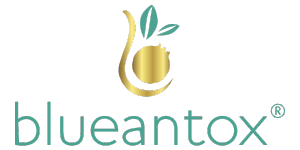
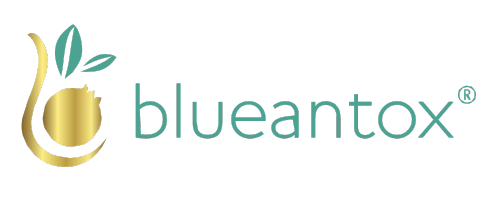
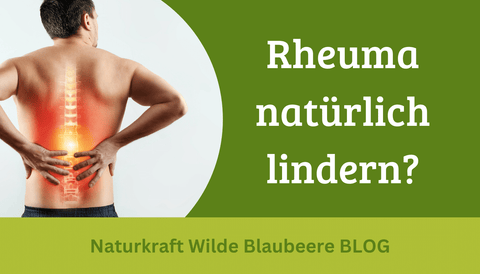


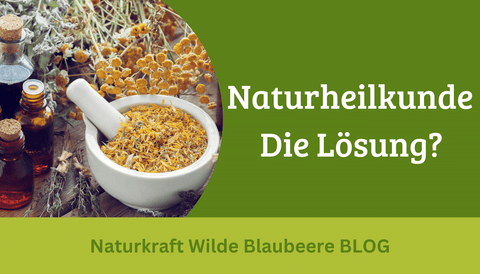
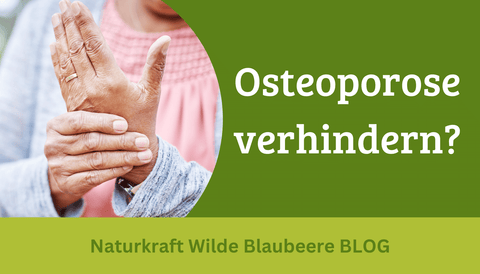

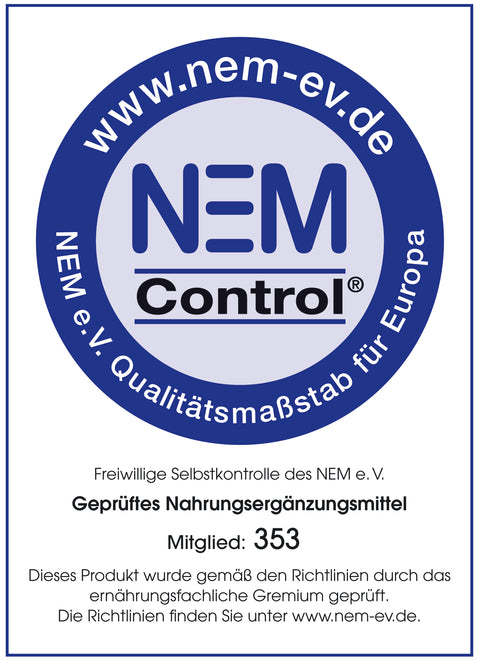


Comments (0)
There are no comments for this article. Be the first one to leave a message!